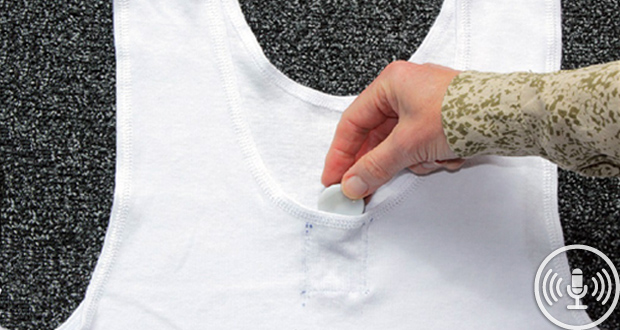Hospitals to trial sensor system to prevent falls

Health professionals will trial a new system that senses movements that increase a person’s risk of falling.
The technology, called Ambient Intelligent Geriatric Management (AmbIGeM), then alerts health professionals of the risky behaviour.
Led by Professor Renuka Visvanathan from the University of Adelaide, the NHMRC-funded trial is a collaboration with Sir Charles Gairdner Hospital and The Queen Elizabeth Hospital.
WA lead investigator Professor Keith Hill, from Curtin University, says research into falls prevention in hospitals is difficult due to the complexity of the setting, resulting in a lack of evidence. He explains: “We’ve got older people coming into hospital with existing chronic illnesses that often have a falls risk associated with them, plus an acute health problem that often exacerbates that risk.”
Hill says Curtin University was previously involved in research that explored fall rates across six acute hospitals, which found 3.6 per cent of the patients in participating wards fell. Each fall resulted in an increased length of stay of 8 days and a $6,500 increase in cost.
“For the hospital, it’s a substantial cost, for the individual patient, even if there’s not a serious injury, it’s often a loss of confidence,” he says.
Nursing Review sat down with Hill to find out more about the technology behind AmbIGeM and whether it may have applications outside hospital settings.
Email: [email protected]





